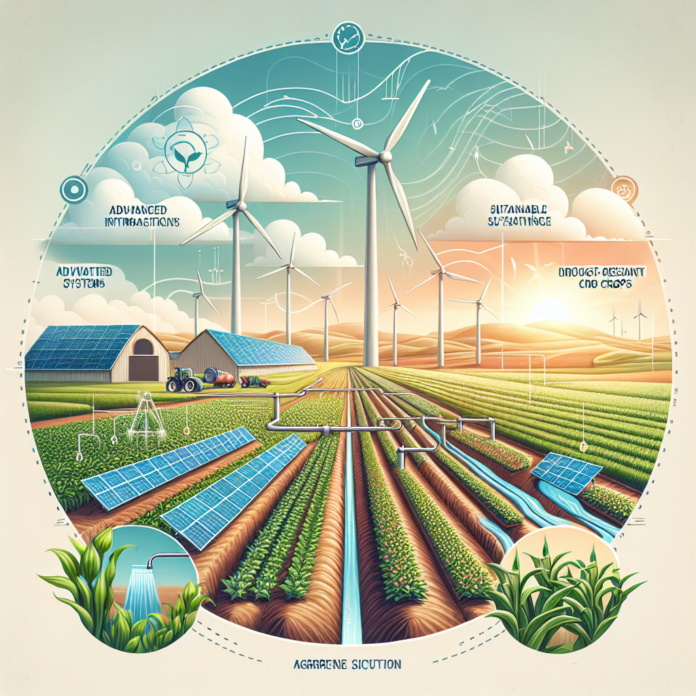Exploring Climate-Smart Agriculture
New Report Explores Opportunities and Challenges in Climate-Smart Agriculture
Morning Ag Clips – A newly released report delves into the realm of climate-smart agriculture, highlighting both the opportunities and challenges that lie ahead for farmers and agricultural stakeholders. As the impacts of climate change become increasingly evident, the agricultural sector is under pressure to adapt practices that promote sustainability while ensuring food security.
Climate-smart agriculture (CSA) encompasses a variety of practices aimed at increasing productivity, enhancing resilience to climate change, and reducing greenhouse gas emissions. The report identifies innovative techniques such as crop rotation, agroforestry, and precision farming as key strategies that can help farmers optimize their yields while minimizing environmental impacts.
Opportunities in Climate-Smart Agriculture
One of the significant opportunities presented in the report is the potential for increased market access for sustainably produced goods. As consumers become more environmentally conscious, there is a growing demand for products that are grown using sustainable methods. This shift in consumer behavior opens doors for farmers who adopt climate-smart practices, allowing them to attract premium prices for their crops.
Moreover, the report emphasizes the role of technology in facilitating climate-smart agriculture. Advances in data analytics, satellite imagery, and IoT devices enable farmers to monitor their fields in real-time, making informed decisions that enhance productivity and sustainability. These technologies can help optimize water use, reduce fertilizer application, and improve pest management, ultimately leading to more resilient farming systems.
Challenges Facing Climate-Smart Agriculture
Despite the promising opportunities, the report also outlines several challenges that must be addressed to fully realize the potential of climate-smart agriculture. Access to financing remains a significant barrier for many farmers, particularly smallholders who may lack the capital to invest in new technologies or practices. Additionally, there is often a lack of knowledge and training on climate-smart techniques, which can hinder implementation.
Policy frameworks and support systems are also critical for the successful adoption of climate-smart agriculture. The report calls for governments to create incentives that encourage farmers to adopt sustainable practices, such as subsidies for eco-friendly technologies and investments in research and development.
Conclusion
In conclusion, the new report sheds light on the vital role that climate-smart agriculture can play in addressing the challenges posed by climate change while ensuring food security. By harnessing innovative practices and technologies, the agricultural sector can pave the way for a more sustainable future. However, concerted efforts from policymakers, researchers, and the farming community are essential to overcome the challenges and unlock the full potential of climate-smart agriculture.


